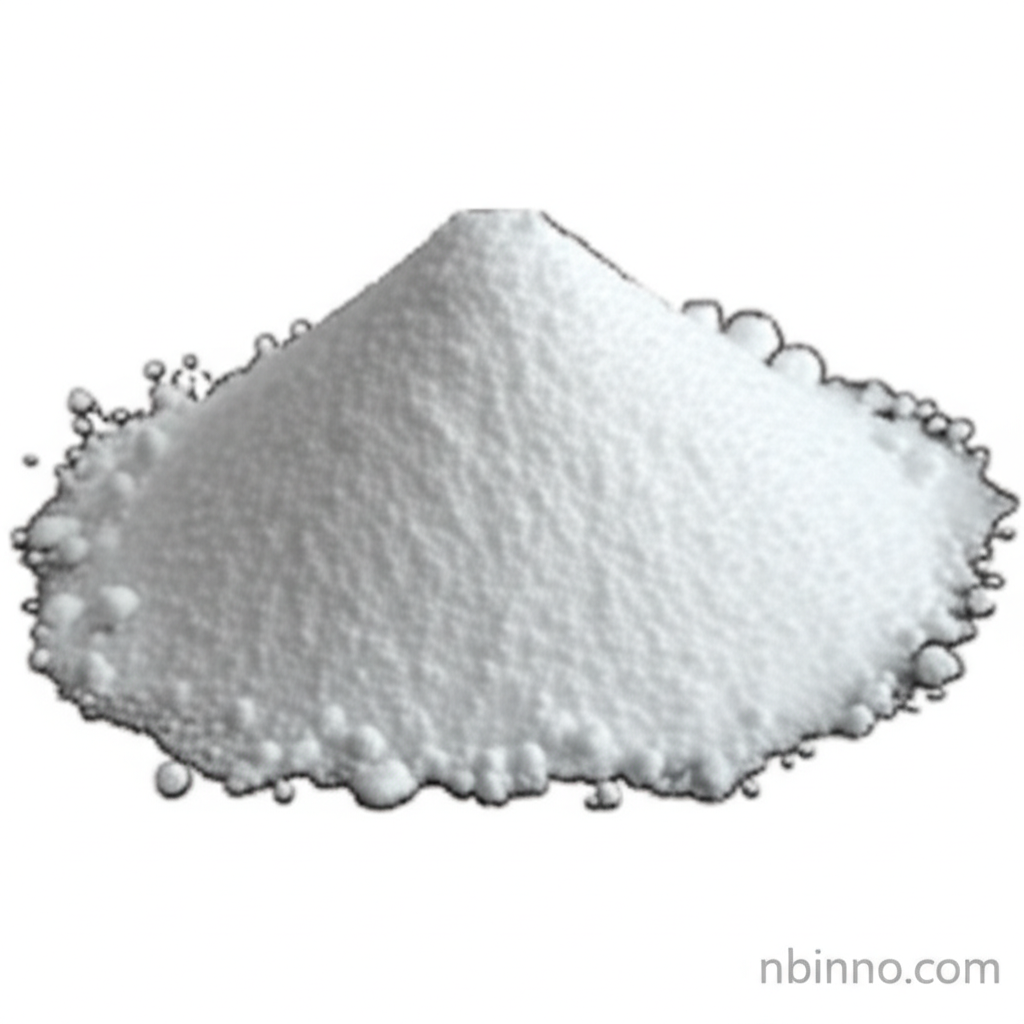L-2-Aminobutyric Acid: Production, Properties, and Applications in Pharma and Beyond
Harnessing metabolic engineering for the industrial bioproduction of a key pharmaceutical intermediate.
Get a Quote & SampleProduct Core Value

L-2-Aminobutyric acid
L-2-Aminobutyric Acid (L-ABA) is a crucial unnatural amino acid, serving as a key intermediate in the synthesis of various pharmaceuticals, including anti-epileptic and anti-tuberculotic drugs. Traditional chemical synthesis methods present challenges like poor selectivity and harsh conditions. This article explores an advanced biotechnological approach: the fermentative production of L-ABA using metabolically engineered Escherichia coli, offering a more environmentally friendly and efficient route for industrial-scale manufacturing.
- The fermentative production of l-2-aminobutyric acid offers a greener alternative to chemical synthesis, addressing environmental concerns and potentially lowering production costs.
- Metabolic engineering of Escherichia coli plays a pivotal role in optimizing the conversion of simple sugars into L-ABA, involving precise genetic modifications for enhanced yield.
- Understanding the metabolic engineering of e. coli for l-aba production is key to unlocking efficient bioprocesses for this valuable compound.
- The synthesis of l-aba from l-threonine involves complex enzymatic pathways that can be manipulated for improved productivity.
Advantages Provided by the Product
Sustainable Production
Biotechnological routes for unnatural amino acid bioproduction, such as the fermentation of L-2-Aminobutyric acid, contribute to sustainable chemical manufacturing practices.
Pharmaceutical Purity
The precise control offered by microbial fermentation ensures high purity, essential for pharmaceutical intermediate l-aba synthesis, meeting stringent quality standards.
Cost-Effectiveness
Optimized fed-batch fermentation of L-2-aminobutyric acid can lead to reduced production costs compared to traditional chemical synthesis methods.
Key Applications
Pharmaceutical Synthesis
L-2-Aminobutyric acid serves as a critical building block in the synthesis of several important pharmaceuticals, making its efficient production vital for the healthcare industry.
Chiral Chemistry
As a chiral molecule, L-2-Aminobutyric acid can be utilized as a chiral reagent or building block in various asymmetric synthesis processes.
Biochemical Research
Its role in metabolic pathways and as a non-proteinogenic amino acid makes it a subject of interest in biochemical and metabolic engineering research.
Specialty Chemicals
Beyond pharmaceuticals, L-2-Aminobutyric acid may find applications in the broader specialty chemicals sector where its unique properties are beneficial.
